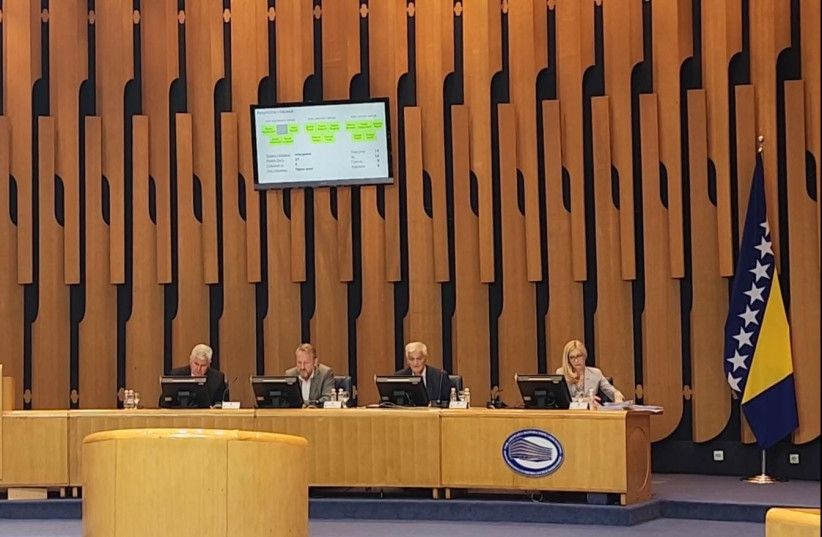In the face of rising global antisemitism, many nations have endorsed the International Holocaust Remembrance Alliance’s (IHRA) definition of antisemitism. Yet, paradoxically, several of these very countries are also financially supporting NGOs that contest this definition.
NGO Monitor, a Jerusalem-based think tank, conducted a recent study that casts a spotlight on this contradiction.
Since its introduction in May 2016, the IHRA’s definition has gained broad acceptance. By July 2023, it was adopted by 40 governments and numerous intergovernmental organizations, marking it as a foundational policy in the fight against antisemitism. However, these endorsements come with a twist. NGO Monitor’s data reveals that a significant number of these countries are also funding NGOs that resist the IHRA framework.
Countries including Belgium, Canada, Denmark, Finland, France, Germany, Ireland, Italy, Netherlands, Norway, Spain, Sweden, Switzerland, and even the European Union – all known champions of human rights – seem to be playing both sides according to the study’s findings.
These countries have paradoxically been backing organizations that are said to “engage in and promote blatant antisemitism as per the IHRA’s definition,” it reads.

Beyond financial support, these NGOs have been found to propagate antisemitic narratives and often dismiss antisemitism as a non-issue of human rights.
The study emphasizes, for instance, how some of these NGOs endorse views contrary to the IHRA, such as denying “the Jewish people their right to self-determination, suggesting the very existence of the State of Israel is a racist endeavor.”
For some, self-preservation comes first
Delving into the reasons for such opposition, the study suggests that these NGOs are not merely driven by ideological differences, but have self-preservation in mind. With the IHRA’s definition gaining traction, many of their activities, especially those against Israel, risk being tagged as antisemitic.
This is further affirmed by a letter from 104 NGOs in April 2023, which voiced concerns about the IHRA definition possibly “labeling as antisemitic... findings that Israeli authorities are committing the crime against humanity of apartheid against Palestinians.”
Breaking down the study’s data, drawn from 45 campaigns featuring 345 NGOs: 52% aimed to deter governments and intergovernmental institutions (like the United Nations) from setting the IHRA definition as the antisemitism standard.
Meanwhile, 39% were broader campaigns to influence public opinion, and 9% targeted professional entities, including the American Bar Association and several universities.
